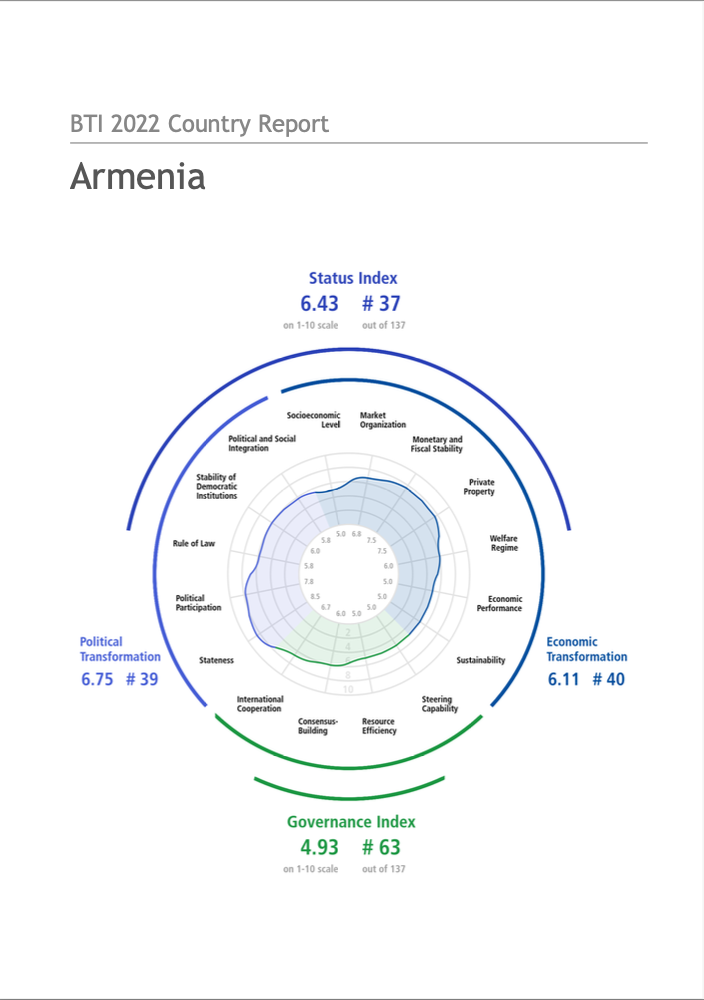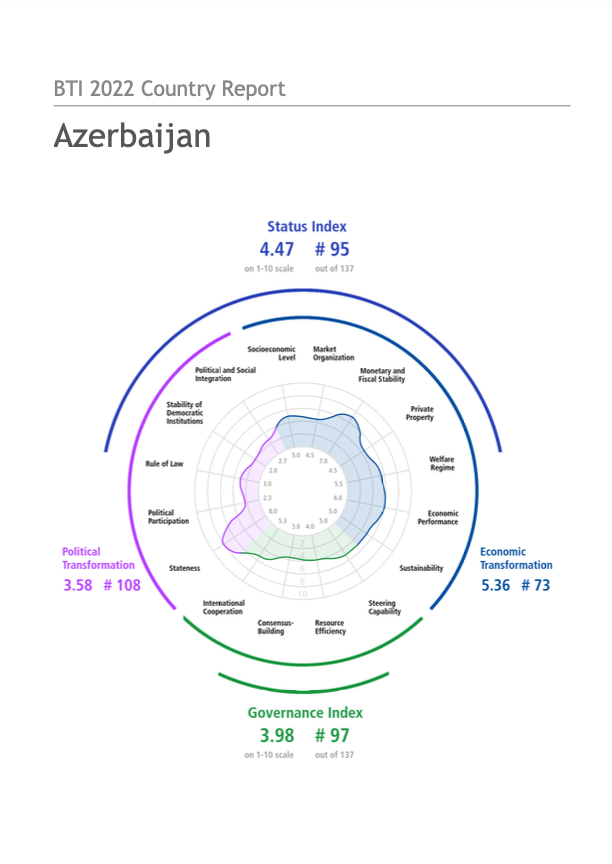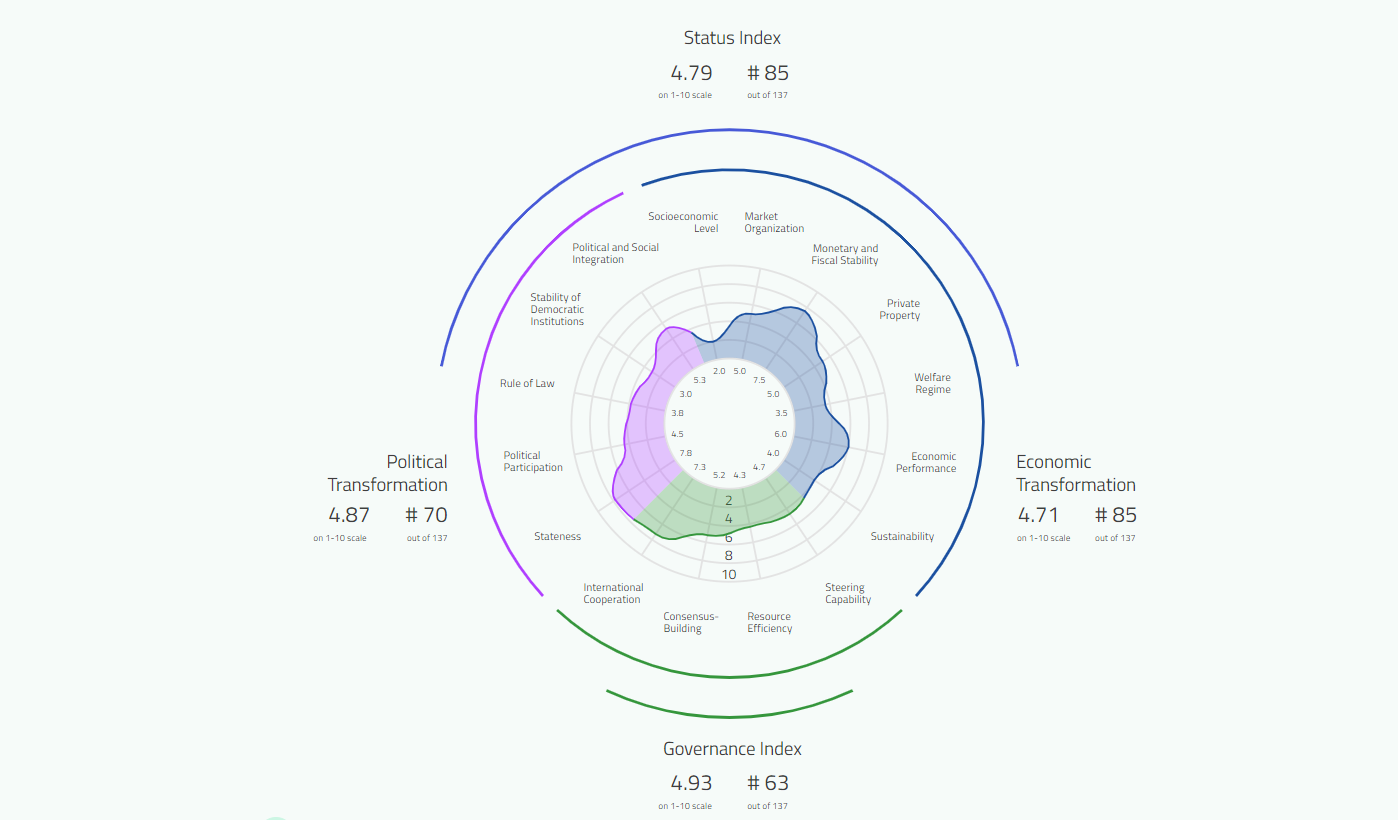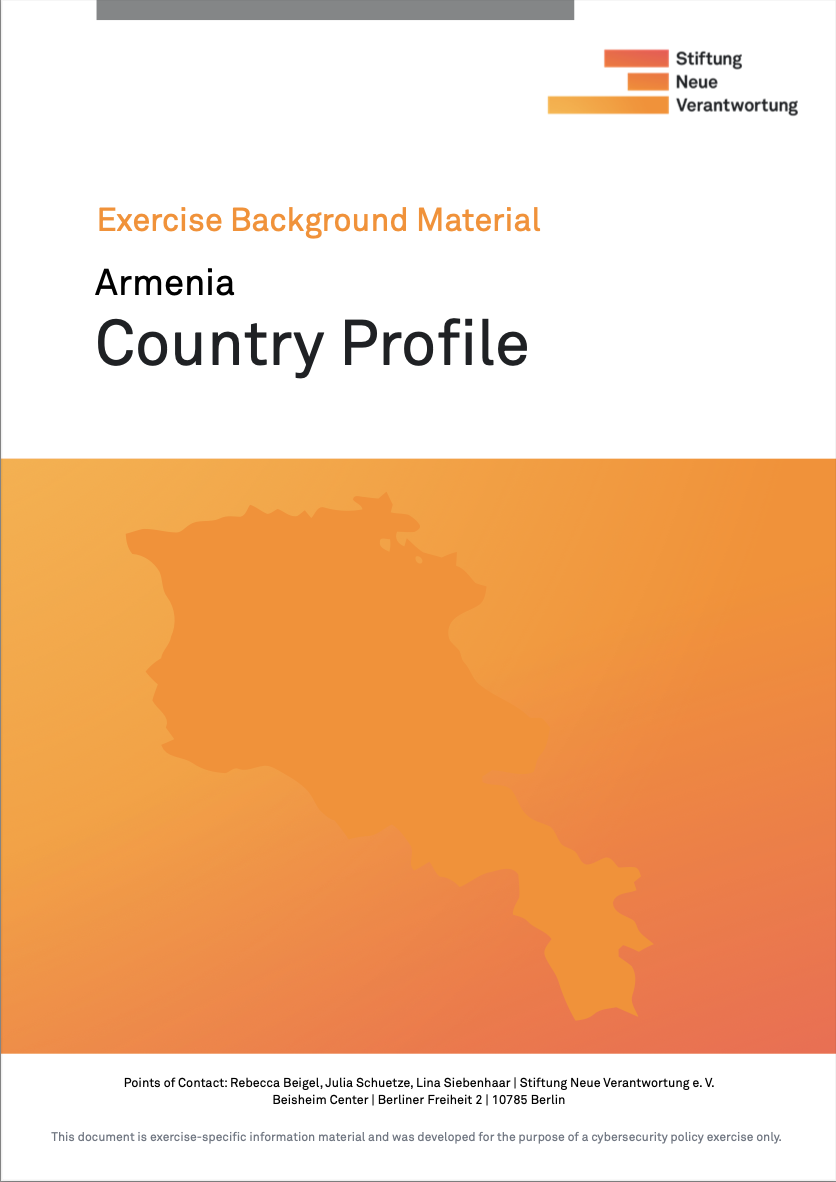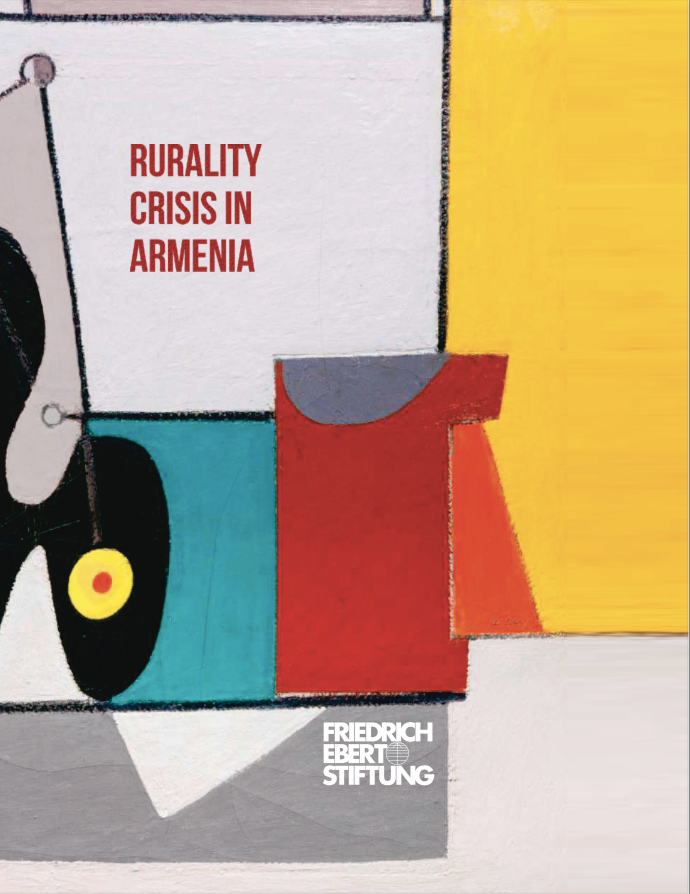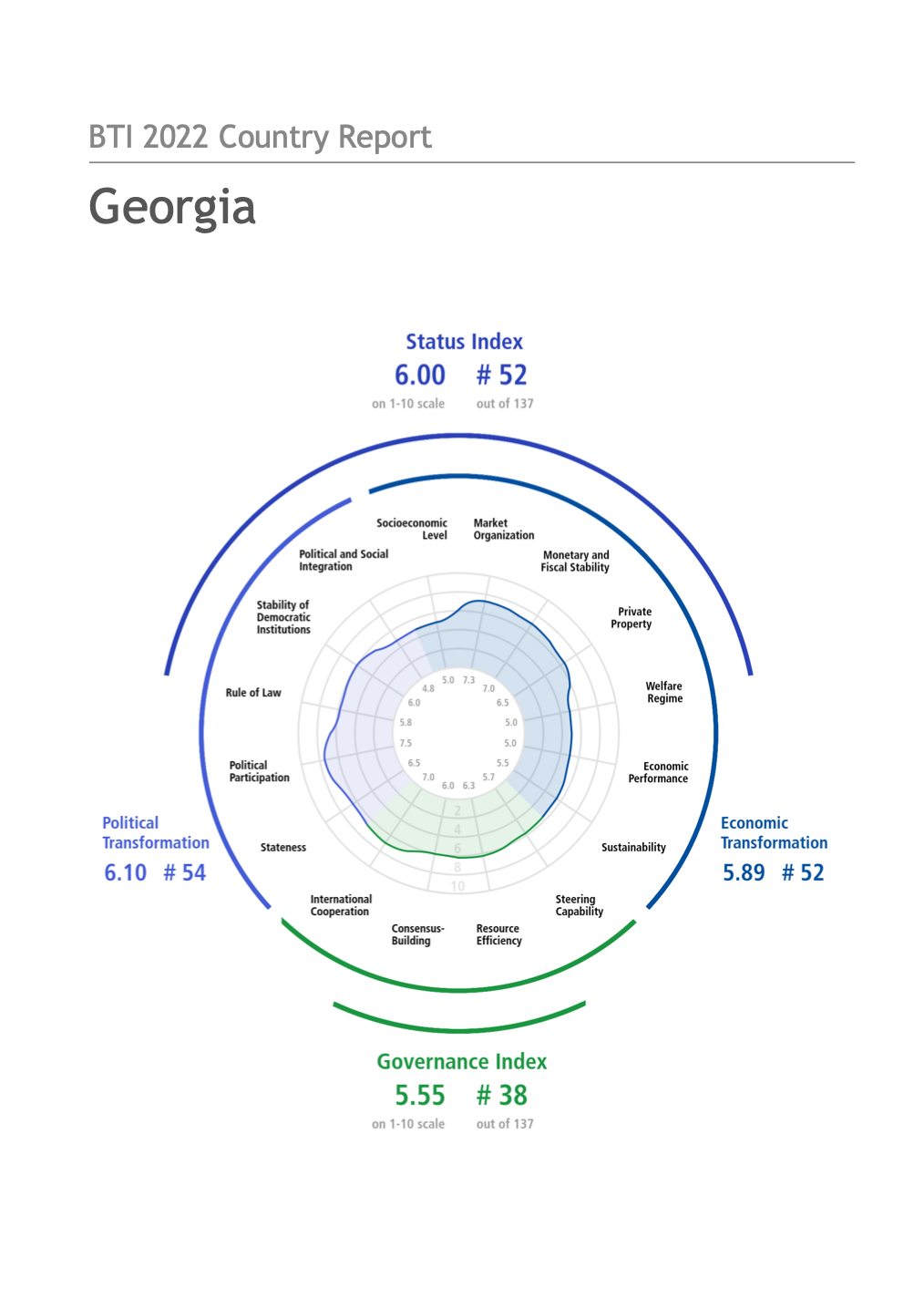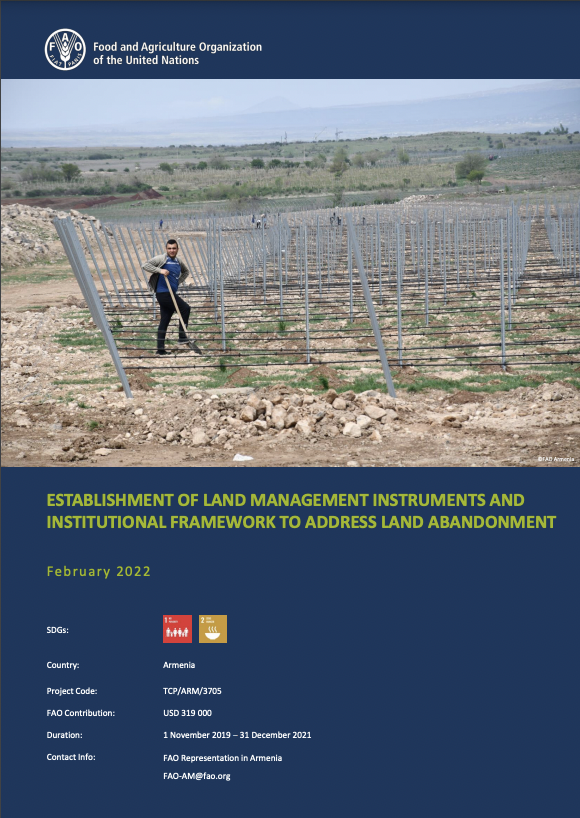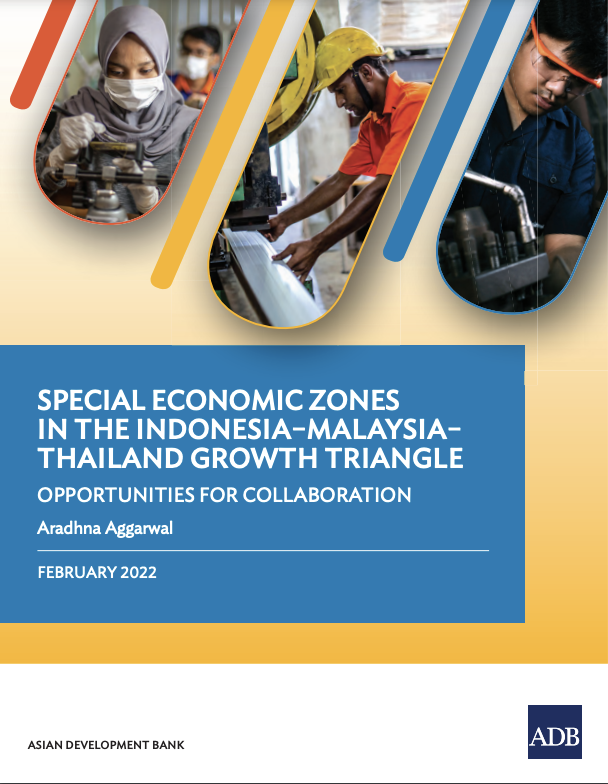BTI 2022 Country Report Armenia
The crucial event in the reporting period was undoubtedly Armenia’s war with Azerbaijan. On September 27, 2020 Azerbaijan started its war on Nagorno-Karabakh, a long-disputed region called Artsakh in Armenia, which lasted for 44 days. It ended on November 10, 2020, when Russia facilitated a cease-fire, apparently just after the Azerbaijani forces had captured most of the territories occupied by Armenia in the previous war in the early 1990s, plus a major chunk of Nagorno-Karabakh proper.

